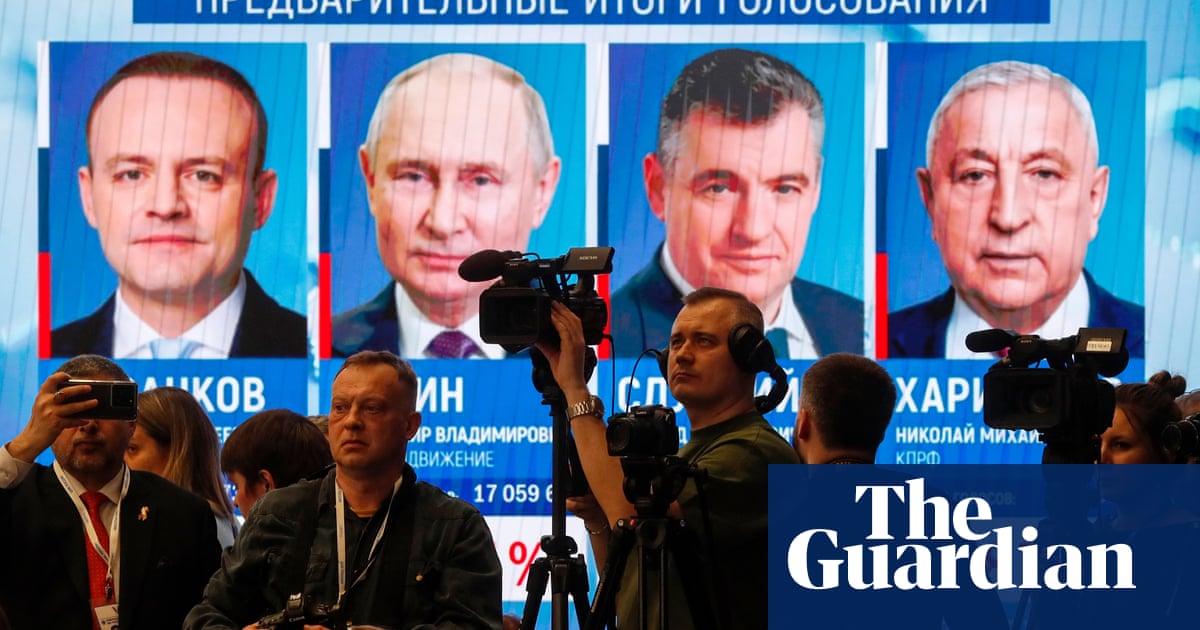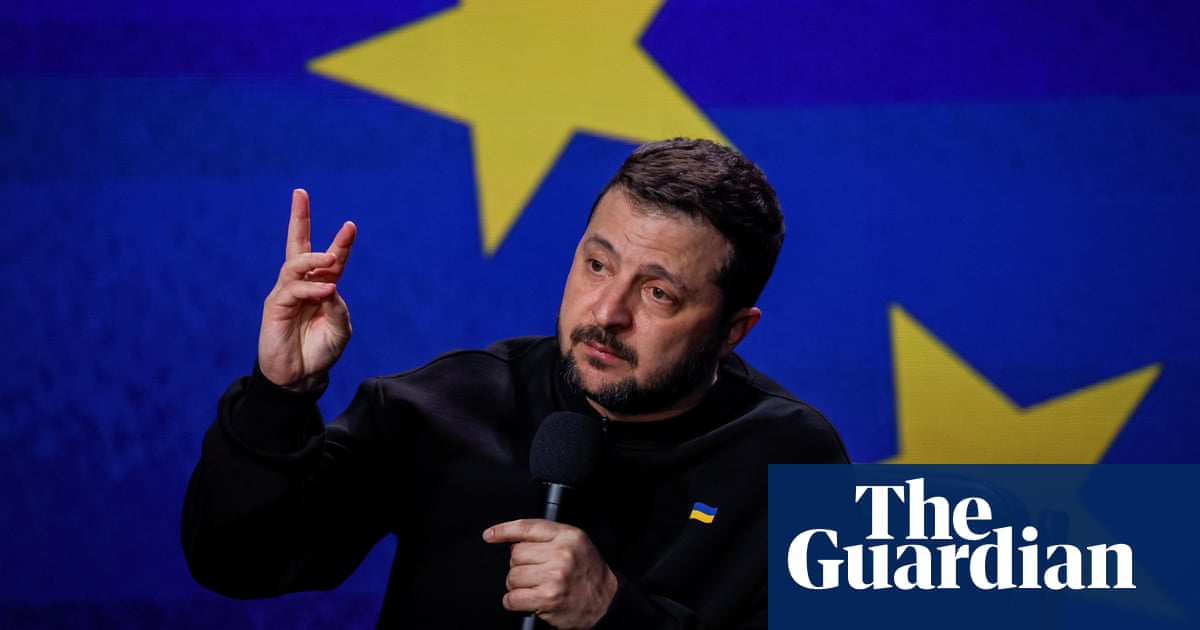
Vladimir Putin claimed on Monday a landslide victory in the Russian presidential elections, which will see him remain in the Kremlin for another six years in a record fourth term in office.
Putin, who has ruled Russia for almost two decades, recorded his best election performance with 76.67 percent of the vote, but rejected the possibility of staying in power indefinitely.
Putin, who has extended his power until at least 2024 and is already Russias longest-serving leader since Stalin, ruled out remaining president for life.
"Listen to me. It seems to me that what you are saying is a bit funny," he told reporters Sunday night when asked if he saw himself running for president again in 2030.
"What, am I going to sit here until I am 100 years old? No."
"I see in this (result) the confidence and hope of our people," Putin told an audience of his supporters.
More than 30,000 crowded into Manezh Square adjacent to the Kremlin in temperatures of minus 10 (15 Fahrenheit) for a victory concert and to await his words.
Putin extolled them for their support — "I am a member of your team" — and he promised them that "we are bound for success."
Turnout was at more than 67 percent as authorities used both the carrot and the stick to boost engagement in the polls.
Selfie competitions, giveaways, food festivals and childrens entertainers were laid on at polling stations in a bid to create a festive atmosphere around the election. But employees of state and private companies reported coming under pressure to vote.
According to central election commission data with 99.8 percent of ballots counted, Putin took 76.67 percent of the vote, well ahead of his nearest competitor Communist Party candidate Pavel Grudinin, who was on 11.79 percent.
Ultra-nationalist firebrand Vladimir Zhirinovsky took around 5.66 percent, former reality TV presenter Ksenia Sobchak was on 1.67 percent, while veteran liberal politician Grigory Yavlinsky received just over 1 percent of the vote.
The opposition said the results were rigged, reporting ballot stuffing and other cases of alleged fraud as the Kremlin pushed for a high turnout to give greater legitimacy to Putins historic fourth term.
Putin ran against seven other candidates, but his most vocal critic Alexei Navalny was barred from the ballot for legal reasons and the final outcome was never in doubt.
Navalny -- who called on his supporters to boycott the "fake" vote and sent more than 33,000 observers across the country to see how official turnout figures differed from those of monitors -- said there had been "unprecedented violations".
His opposition movement and the non-governmental election monitor Golos reported ballot stuffing, repeat voting and Putin supporters being bussed into polling stations en masse.
But the electoral commission dismissed most concerns, saying monitors sometimes misinterpret what they see.
Runner-up Grudinin said the elections had been "dishonest."
NSA whistleblower Edward Snowden, who has lived in Russia after leaking classified information about the US governments surveillance programs, tweeted a picture apparently showing ballot stuffing in a Russian school.
"The ballot stuffing seen today in Moscow and elsewhere in the Russian election is an effort to steal the influence of 140+ million people," he said.
"Demand justice; demand laws and courts that matter."
Opposition groups plan a rally in Moscow on Monday.
The election came amid escalating tensions with the West, with reports that Moscow was behind the nerve-agent poisoning this month of a former Russian double agent in Britain and that its internet trolls had waged an extensive campaign to undermine the 2016 US presidential election.
Britain and Russia last week announced expulsions of diplomats over the spy case and the US issued new sanctions.
In his first public comments on the poisoning, Putin on Sunday referred to the allegations against Russia as "nonsense."
Moscow has denounced both cases as efforts to interfere in the Russian election. But the disputes likely worked in Putins favor, reinforcing the official stance that the West is infected with "Russophobia" and determined to undermine both Putin and traditional Russian values.
Crimea and Russias subsequent support of separatists in eastern Ukraine led to an array of US and European sanctions that, along with falling oil prices, damaged the Russian economy and slashed the rubles value by half. But Putins popularity remained strong, apparently buttressed by nationalist pride.
Among the few leaders to congratulate Putin so far was Chinese President Xi Jinping, who has just been handed a second term himself and has gained a path to indefinite rule after presidential term limits were lifted last week.
"China is willing to work with Russia to keep promoting China-Russia relations to a higher level, provide driving force for respective national development in both countries, and promote regional and global peace and tranquility," Xi said.
In Latin America, the presidents of the leftist regimes in Venezuela and Bolivia both effusively congratulated Putin on his "overwhelming" victory.
Venezuelan President Nicolas Maduro also commended "the glorious Russian people for its display of civic duty" while Bolivias Evo Morales said Putins victory "guarantees geopolitical equilibrium and world peace before the onslaught of imperialism".
Since first being elected president in 2000, Putin has stamped his total authority on the worlds biggest country, muzzling opposition, putting television under state control and reasserting Moscows standing abroad.
The 65-year-old former KGB officer used an otherwise lackluster presidential campaign to emphasize Russias role as a major world power, boasting of its "invincible" new nuclear weapons in a pre-election speech.
Putins previous Kremlin term was marked by a crackdown on the opposition after huge protests, the Ukraine conflict, military intervention in Syria and the introduction of Western sanctions that contributed to a fall in living standards.












